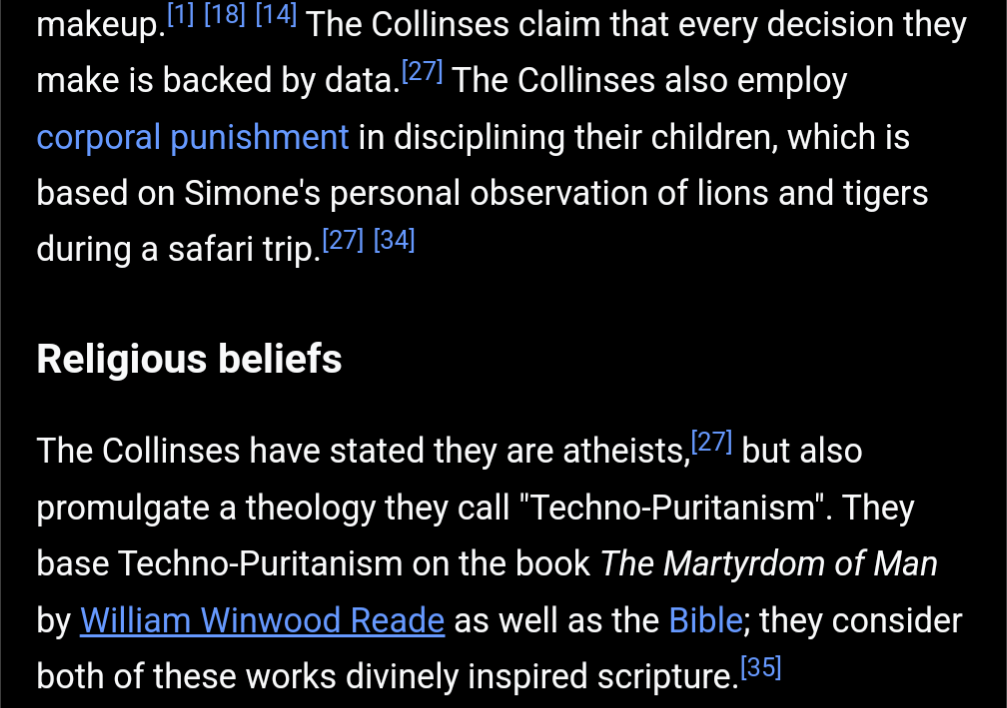I have not read the book, but from reading some summaries and commentaries, I got the impression that other people took the message as being different from "marriage makes your life measurably less happy" as the chart implied.
The figure takes on a different meaning, however, when we remember that “How satisfied are you with your life?” is not a simple question. When answering it, people think of significant events in the recent past or near future. People who are recently married or expecting to marry are likely to retrieve that fact, which affects their answer. But those who are not do not think of marriage when answering. The graph could be read as the likelihood that people will think of their marriage when asked about their lives. This demonstrates once again how we are “blind to our blindness”—how we are unaware of the heuristic mistakes that we make. In evaluating this graph, people do not understand that respondents have substituted their answer to how satisfied they are with their life with how easily they can think of happy events in their lives.

Yes and no.
It's a collection of numbers with properties related to how they're found that make them difficult to counterfeit, and the way they're recorded makes it difficult to steal. This, as well as a handful of other properties, give digital currencies behavior not entirely unlike the things that make cash useful.
Unlike money, it's not backed by a government. This means that it's much more volatile in terms of value. Say what you will about the state of the US, it's unlikely that the dollar will significantly change value over the next year. It's essentially guaranteed that the price of every cryptocurrency will be wildly different a year from today.
Put them together and you've got a wonderful vehicle for laundering money or bribery, which is what this all is.
The other key aspect of money that it's missing is being generally useful outside of speculation. I can reliably use my dollars to pay for goods and services, and most significantly to pay taxes and satisfy debts in the eyes of the law. Cryptocurrency is inevitably either instantly converted to money once someone gets it, or it's held onto under the assumption it'll be worth more later.
Money has value because it gets you "stuff". Cryptocurrency has value because it gets you money.
It's fake money, but it's a very complicated and realistic fake money.